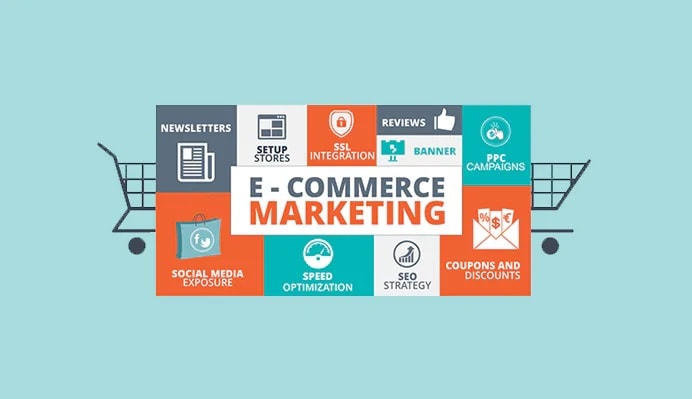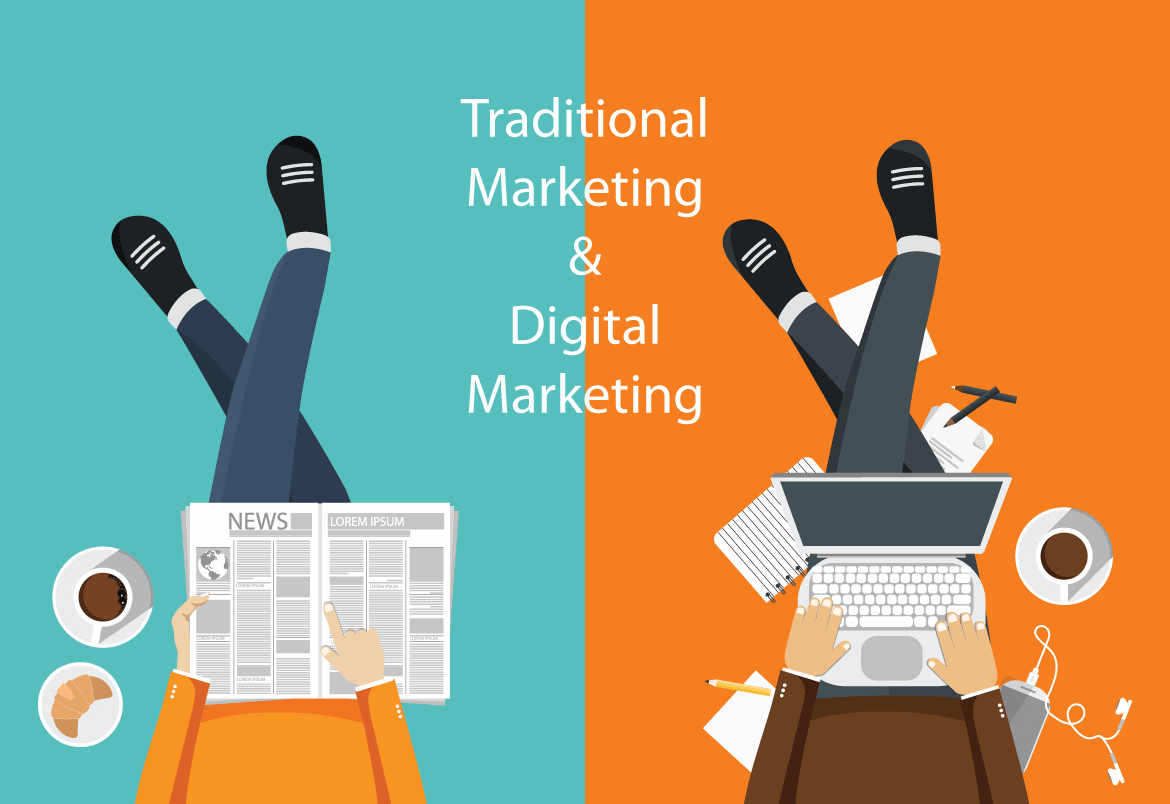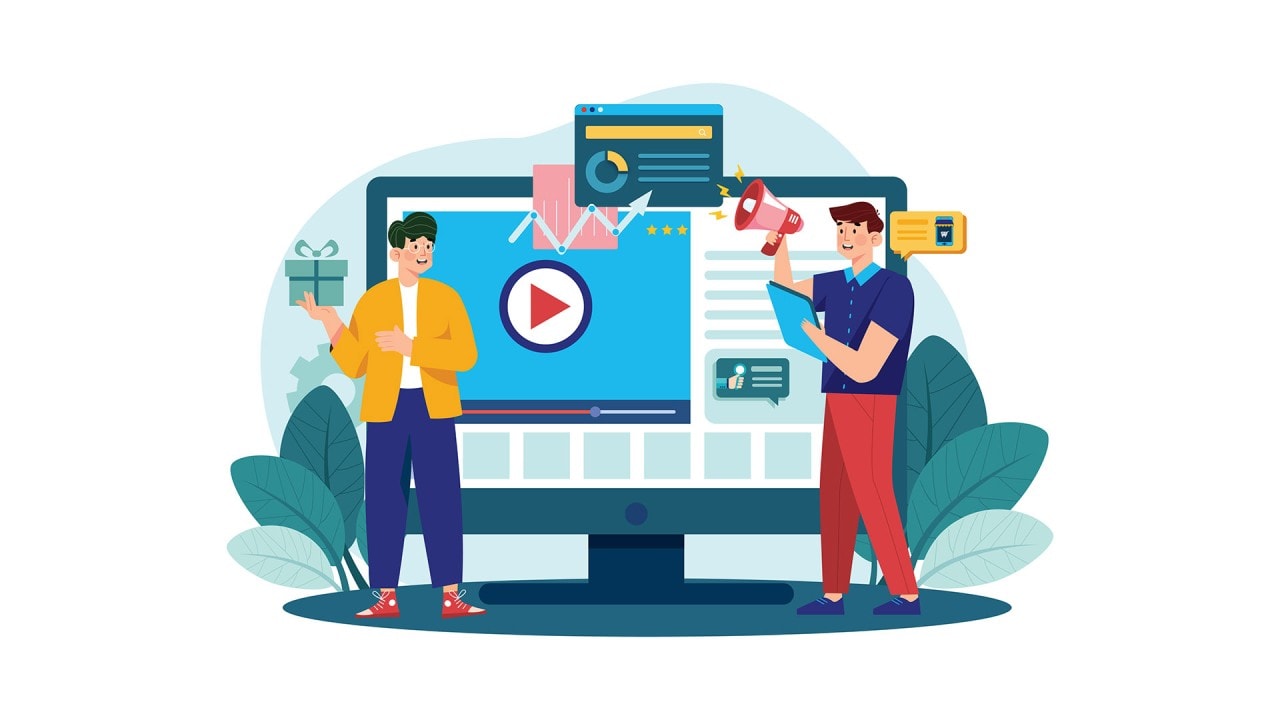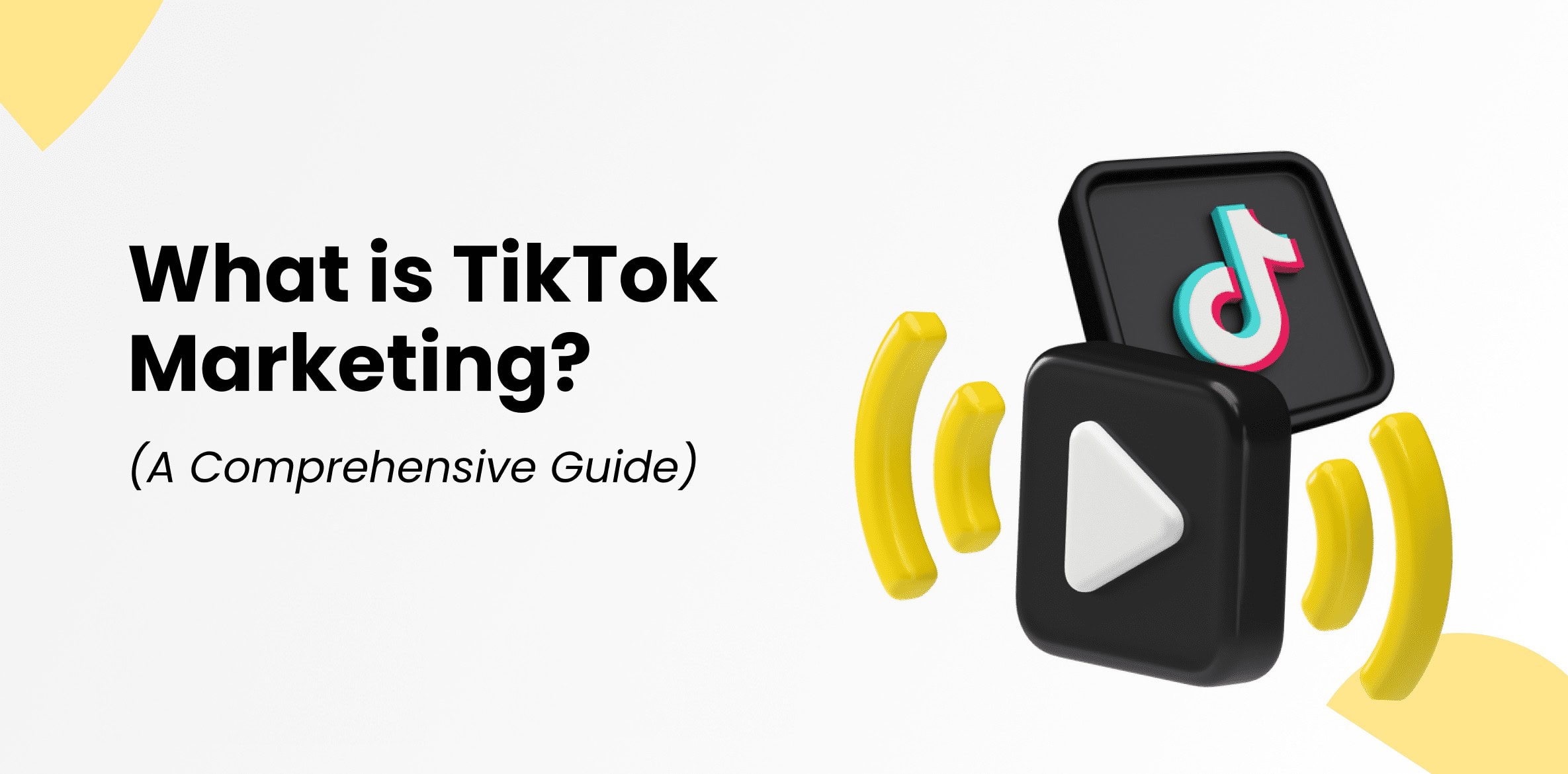E-commerce marketing refers to all those strategies and tactics through which businesses try to sell their products or services over the internet. In other words, it is all the activities ranging from attracting probable customers to converting them into paying customers and gaining their loyalty in an online retail environment.
The e-commerce marketing for an online shop would entail things like digital advertising, search engine optimization, email marketing, social media marketing, content marketing, and other forms of online marketing that would be developed to suit the peculiar needs and goals of any given e-commerce business.
The final objective of e-commerce marketing could be defined as driving more traffic to a specific web-store and increased sales due to a positive online shopping experience for the customers.
As Q4 approaches, with the holiday shopping season at hand, that should shift focus. Rather than exclusively focusing on refining your eCommerce holiday SEO strategies and campaigns-which, in a perfect world would already be well-developed-it’s one of the best times to start planning for the upcoming year.

Gain Insights from The Previous Year
Begin by going through last year’s campaign summaries to identify where data and insight gaps exist. One of the main differences from last year is that you’re probably fully implemented on Google Analytics 4 by this time. That means it’s necessary to rethink how you approach reporting.
Go back and look at your past reports to see if you can include all that is available.
Use this as an opportunity to expose any significant discrepancies caused by the new tracking configuration to stakeholders. If you are not sure where to start with tracking, you may want to start with a workshop to plan for the future.
Gather together your team and project yourselves into the future where you have to report on holiday campaigns. As a group, define what the report is going to look like. This type of workshop promotes brainstorming and consideration of new ways to review performance.
Ideas for testing and learning opportunities are also frequently born in these sessions.
Tests and Gain Insights with a more Extensive Dataset than your Regular Practice
During the holiday season, this sales site has witnessed outstanding peaks in traffic, where up to a 70% increase was reported on ecommerce sites. It really is a great time to find out what is happening in terms of trends and to try new ideas.
These can be more general improvements or optimizations specifically for the holiday season. During this time of year, I ran an experiment for a client in peak season and saw revenue per session double in a quick experiment – something that may have taken weeks to achieve during other parts of the year.
The essential principles to remember are:
- Test only one idea at a time.
- Keep it simple.
- Ensure that the test is scientifically valid.
In seeking ideas for testing, I commonly refer to “nudges”. Subtle changes that are used in order to influence choices. Sparked by research from Daniel Kahneman and Amos Tversky, nudges can be a rich source of inspiration for testing – especially when combined with audience insights in ways which will more strongly resonate with potential customer behavior.
Effective testing yields invaluable insights that can inform your strategy for 2024, whether it’s for regular campaigns or those focused on holidays and sales.
Gamification
Gamification is a popular tool for marketers that sees ups and downs in popularity. This holiday season, take the opportunity to leverage gamification as a method for learning more about your audience for your future marketing efforts.
The options for gamification range from fun, generic games to entirely customized ones, which have the chance to engage your audience for hours on end. For example, for one of our clients, we created a virtual fashion brand that gave unbelievable average time on site of more than 30 minutes .
What’s the key to success? A hugely relevant, entertaining, and addictive quiz. To access audience insight through gamification, one would focus on developing games that are customizable, such as a psychographic quiz branded for your own entity.
A fashion brand may do “What Does Your Wardrobe Say About You?” It’s a type of quiz that leads the users through statements to reveal a personality type similar to those of popular characters; thus, it can also be very insightful into your audience.
When executed well, this is indeed beneficial to both the brand and the user; however, it must be done thoughtfully lest it negatively impact the brand-user relationship. With these quiz profiles, you have an estimated starting point toward creating targeted segments of your audience. You will easily make personalized email communications with different profiles since you know a few things about them.
Digital Press Release
Digital PR, when executed well, can add to the authority of your eCommerce holiday season campaigns and set them up for success in the upcoming year. Preparation and relevance go hand-in-hand with that.
Publications will freely publish gift guides, Black Friday/Cyber Monday promotions, etc. Take advantage of these opportunities by positioning your brand through a critical analysis of last year’s coverage and competitor visibility.
When planning, it’s highly important to wear both hats in equal measure: your SEO and digital PR.
Pay attention to your URLs to avoid investing heavily in temporary ones. Develop a coherent strategy for seasonal landing pages, ensuring their continuity and even building anticipation for forthcoming campaigns. Strive for immediate impact while keeping an eye on the year ahead.
Strategically target publications that offer the chance of backlinks, especially ones you don’t have already secured. Look at their past holiday content to see what gaps your brand can help fill. Continue to be proactive, and plan for content in January, as the new year is fast approaching, with all of its opportunities.
Don’t be afraid to request links in your link-building strategy. For example, we had a very popular beauty advent calendar customer who did an excellent job by implementing this tactic of finding mentions and asking for links.
Data Capture
The zero-party data has enormous value, and finding mutually beneficial ways to capture from your customers will vastly improve your future strategy.
The holiday season gives several promotional and exclusive chances to reach your audience. Take advantage of this by proactively asking about your customers’ preferences. This proactive attitude also enables the personalisation of your content, possibly increasing conversion rates.
Consider using games, quizzes, or planning tools to capture information pre-peak season, so you can get ahead of the game. You’ll have an immediate payoff and the added benefit of head-starting the upcoming year.
Finding the right balance between the number of questions asked and the rewards offered makes the act of divulging this valuable information worthwhile for customers.
It’s a very good strategy in return for knowing their preferences, offering exclusive Black Friday sales. This is an exchange that will benefit your event and the interest of your customer.
Moreover, classifying purchases to delineate between personal and gift items prevents the misalignment of marketing. It also opens avenues to collect additional information, such as birthdays, in exchange for discounts on gift-related purchases.
To collect zero-party data effectively:
- Be mutually beneficial.
- Store data for use.
- Actively utilize and monitor its impact.
The Success of Ecommerce marketing requires strategic planning
Commence by envisioning the desired outcomes of your holiday campaign in the future, and then reverse-engineer your strategy to attain those objectives. Leverage insights from previous experiences and remain flexible in response to evolving factors such as GA4 implementation and economic fluctuations to craft your plans effectively.
If you can’t address all of your initiatives this year, you might want to develop a holiday 2024 planning document now-to help capture and preserve that valuable thinking. You have to remind yourself that testing and learning happens incrementally, rather than all at once. So, there is no better time than today to get some testing and learning started.







